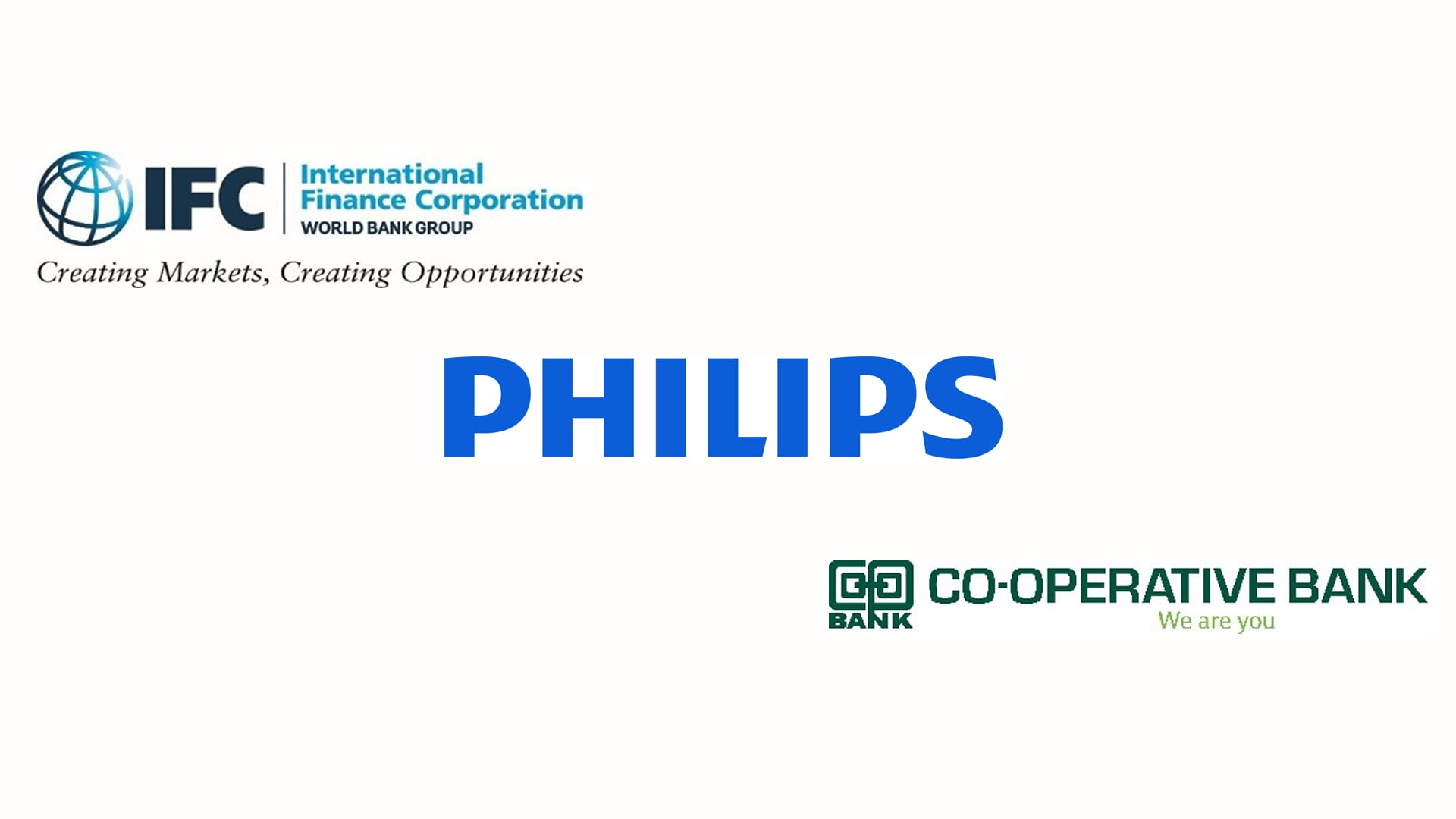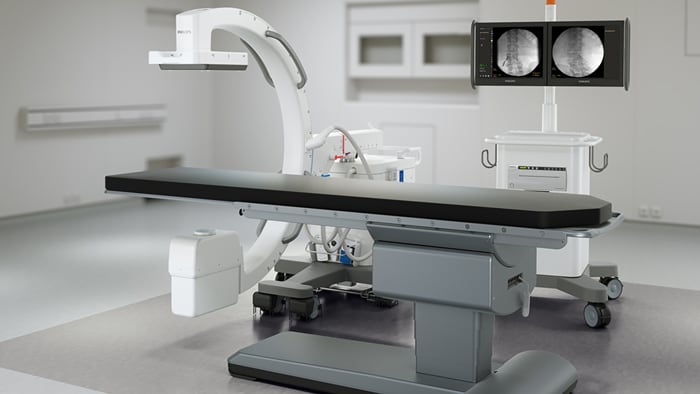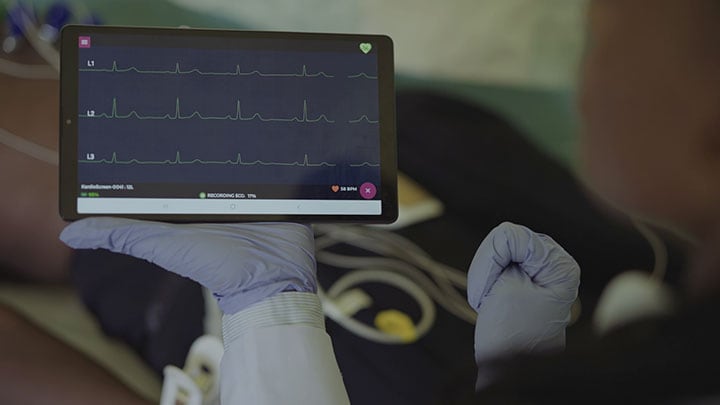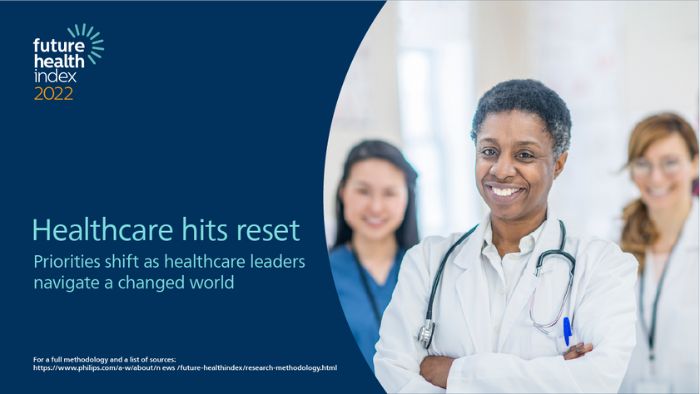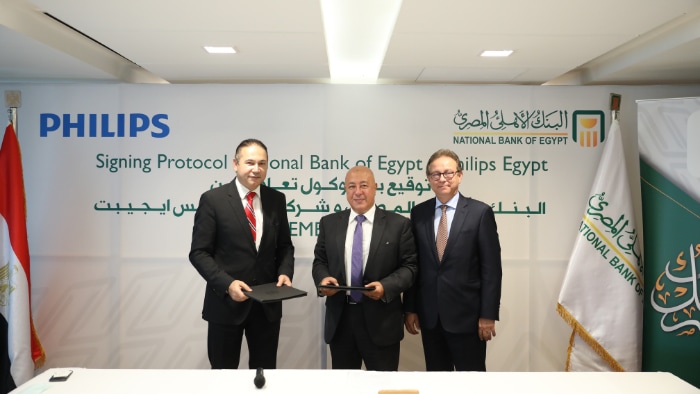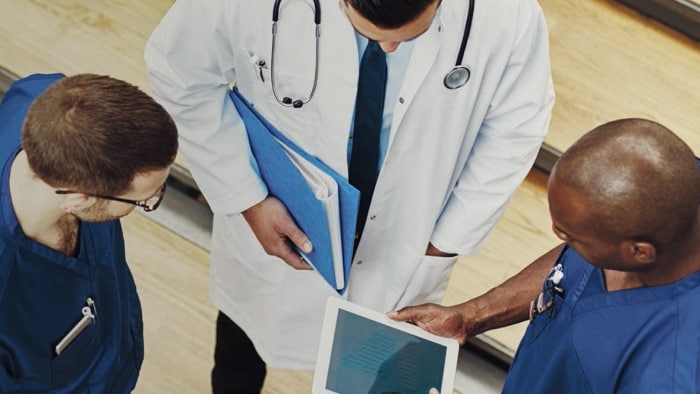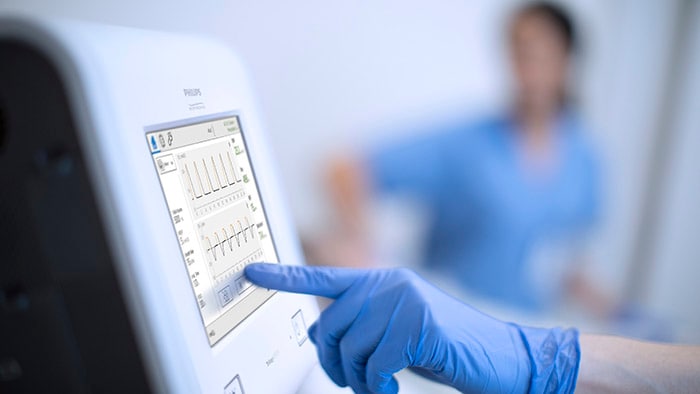Apr 14, 2021
IFC Partners with Philips and Co-operative Bank of Kenya to Help African Healthcare Providers Access Essential Medical Equipment
Johannesburg, South Africa, IFC, a member of the World Bank Group, today launched partnerships with leading health technology company Philips and the Co-operative Bank of Kenya to help smaller businesses in Africa’s health sector purchase essential medical equipment and strengthen their response to COVID-19 and other pressing healthcare challenges. The partnerships are the first under the IFC-led Africa Medical Equipment Facility, designed to provide risk-sharing facilities to help small businesses access up to USD 300 million in loans and leases. Through the facility, IFC is partnering with medical equipment manufacturers and local financial institutions to support healthcare providers in Cameroon, Côte d’Ivoire, Kenya, Rwanda, Senegal, Tanzania, and Uganda.
The loan size to smaller healthcare providers—which serve more than half of Africa’s population, including low-income patients—is expected to range from USD 5,000 to USD 2 million, to help them lease or purchase equipment. Currently, most smaller healthcare operators in Africa cannot secure bank loans due to their perceived high investment risks, meaning they can’t afford medical equipment, renovations, or to recruit qualified personnel.
“Many smaller healthcare businesses in Africa don’t have the equipment they need to respond to COVID-19 and deliver other vital services,” “Unlocking access to finance can save lives now and will, in the long term, strengthen healthcare systems across the continent.”
Makhtar Diop
IFC’s Managing Director.
Supported by the International Development Association Private Sector Window (IDA-PSW) Blended Finance Facility and the Global Financing Facility for Women, Children and Adolescents (GFF), the facility falls under IFC’s Global Health Platform, which was launched to help developing countries fight the coronavirus pandemic and increase their healthcare systems’ resilience.
“Lack of access to affordable quality healthcare is one of the most pressing issues of our time. Philips aims to contribute substantially to improving healthcare in Africa through innovative solutions that are tailored to local needs.”
Many clinics on the continent would like to invest in new medical technology but find it difficult to obtain the necessary finance. Together with Philips Capital and through this partnership with IFC we are enabling healthcare facilities to make quality healthcare available to a large group of people”
Winfried Jansen
Health Systems Leader, Philips Africa.
Risk-sharing is an effective instrument to encourage financial institutions to lend to smaller businesses. The IDA PSW and the Global Financing Facility’s support in the form of a first loss guarantee enables IFC to extend risk-sharing facilities to the most challenging markets including conflict-affected countries. "This partnership with IFC and Philips will allow Co-operative Bank to extend credit to a wider range of investors in the health sector, who previously have found credit availability a challenge. Health expenditure is one of the largest budget items in many households in Kenya; every support to make it easier for the sector to prosper and benefit our people is welcomed,” said Dr. Gideon Muriuki, Group Managing Director and CEO, Co-operative Bank of Kenya. The facility includes an advisory services program to help small businesses in the healthcare sector strengthen their medical equipment procurement processes, financial management competencies and business planning. The advisory program will also help participating financial institutions to strengthen credit underwriting skills for the healthcare sector. In Kenya, the Global Financing Facility support includes technical assistance to improve the quality of care for small and medium-sized healthcare facilities that are serving low-income populations, including women and children. IFC expects to expand the Africa Medical Equipment Facility to more countries and invites interested financial institutions and equipment manufacturers to contact IFC to explore partnerships.
About Royal Philips
Royal Philips (NYSE: PHG, AEX: PHIA) is a leading health technology company focused on improving people's health and enabling better outcomes across the health continuum from healthy living and prevention, to diagnosis, treatment and home care. Philips leverages advanced technology and deep clinical and consumer insights to deliver integrated solutions. Headquartered in the Netherlands, the company is a leader in diagnostic imaging, image-guided therapy, patient monitoring and health informatics, as well as in consumer health and home care. Philips generated 2020 sales of EUR 19.5 billion and employs approximately 82,000 employees with sales and services in more than 100 countries. News about Philips can be found at www.philips.com/newscenter.
About IFC
IFC—a member of the World Bank Group—is the largest global development institution focused on the private sector in emerging markets. We work in more than 100 countries, using our capital, expertise, and influence to create markets and opportunities in developing countries. In fiscal year 2020, we invested $22 billion in private companies and financial institutions in developing countries, leveraging the power of the private sector to end extreme poverty and boost shared prosperity. For more information, visit www.ifc.org.
About Co-operative Bank of Kenya
The Co-operative Bank Group ('Co-op Bank') is incorporated in Kenya under the Company's Act and is licensed to carry out the business of banking under the Banking Act. The Bank was listed in year 2008 wherein it is now the largest Co-operative Bank in Africa. The Group is one of the largest financial institutions in the region and runs five subsidiaries: Kingdom Securities Ltd, Co-optrust Investment Services Limited, Co-operative Consultancy & Insurance Agency Limited, Kingdom Bank Limited and Co-operative Bank of South Sudan. The Bank also owns a 24.8 percent stake in CIC Insurance Group and 25 percent of Co-op Bank Fleet Africa Leasing Limited. The Bank's footprint across Kenya and the region includes 156 branches in Kenya, four in South Sudan, 576 ATMs and over 23,000 Co-op Kwa Jirani agency banking outlets supporting a growing client base now standing at over 8.8 million account holders.
About the IDA Private Sector Window
As part of the 19th replenishment of the International Development Association (IDA), the World Bank Group is continuing the IDA Private Sector Window (PSW) created under IDA18 to catalyze private sector investment in the poorest and most fragile countries. Recognizing the key role of the private sector in achieving IDA’s objectives and the World Bank Group’s twin goals, the window provides a source of co-investment funding and guarantees to de-risk private investments supported by IFC and the Multilateral Investment Guarantee Agency (MIGA). The IDA PSW is an option when there is no commercial solution and the World Bank Group’s other tools and approaches are insufficient. For more information, visit: http://ida.worldbank.org/psw.
About the Global Financing Facility
The Global Financing Facility (GFF) is a multi-stakeholder global partnership housed at the World Bank that is committed to ensuring all women, children and adolescents can survive and thrive. The GFF Trust Fund is currently supported by the Governments of Burkina Faso, Canada, Côte d'Ivoire, Denmark, Germany, Japan, the Netherlands, Norway, Qatar, and the United Kingdom; the Bill & Melinda Gates Foundation; the Susan T. Buffett Foundation; the European Commission; Laerdal Global Health; MSD for Mothers, and the Rockefeller Foundation. The GFF supports 36 low and lower-middle income countries with catalytic financing and technical assistance to develop and implement prioritized national health plans and to maximize the use of domestic financing and external support in synergistic ways to scale up access to affordable, quality care and achieve better, more sustainable health results.


